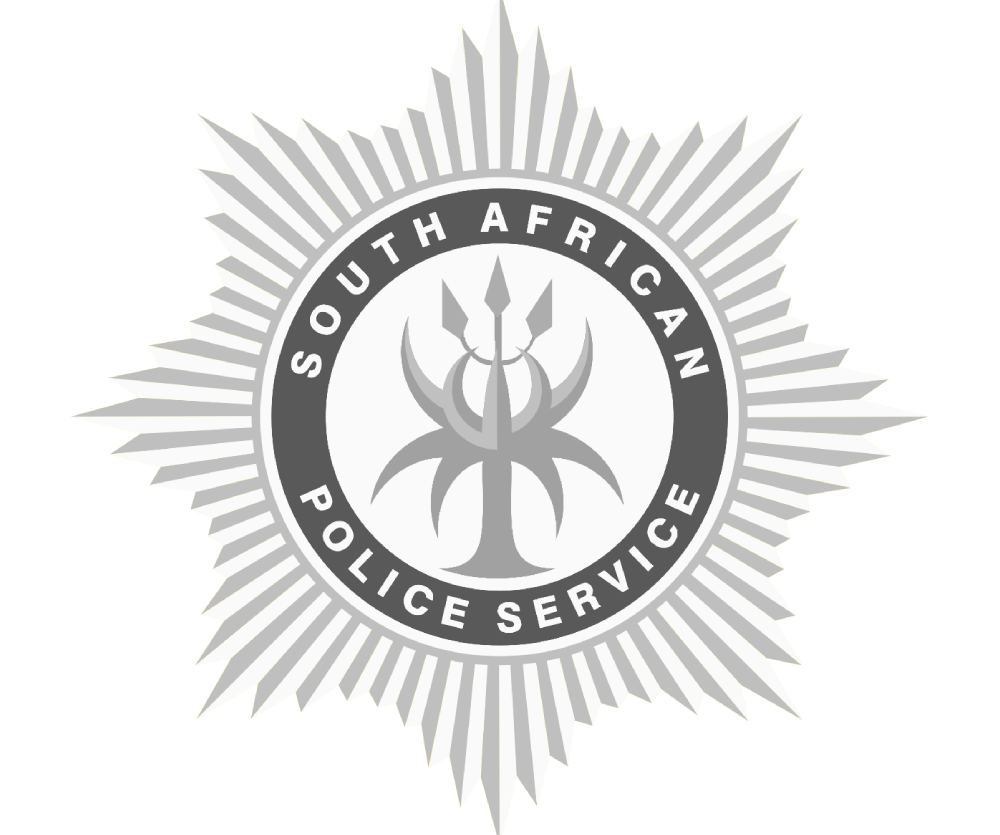If you’re planning to apply for a visa in South Africa, you may come across the requirement of obtaining a DIRCO apostille for certain vital documents. The apostille is an additional authentication that ensures the legal validity of your South African documents in foreign countries. While this process may seem unfamiliar to many South African, it plays a crucial role in international transactions. In this comprehensive guide, we will explore what a DIRCO apostille is, why it is necessary for the many visa applications, and how you can obtain one.
Understanding DIRCO Apostilles
Before we delve into the specifics of obtaining a DIRCO apostille for your visa application, it is helpful to first understand what an apostille is and why it is required. The concept of apostilles originated from the Apostille Convention of 1961, a treaty signed by multiple countries, including South Africa, to simplify the authentication of public documents across borders. Before this convention, authenticating documents for international use involved complex and time-consuming processes, often requiring multiple signatures from various government bodies. However, under the apostille system, participating countries recognise an apostilled document as legally valid without the need for further authentication.
Each country designates a specific government body or agency to be responsible for apostille services. The Department of International Relations and Cooperation (DIRCO)’s consular section is the competent authority for apostilles in South Africa.
An apostille certifies the authenticity of the signature and the capacity of the person who signed the public document. It ensures that the document can be recognised and accepted in other countries without the need for further verification. This streamlined process has significantly simplified international transactions, including visa applications.
Why Do You Need an Apostille for Visa Applications in South Africa?
Now that we have a basic understanding of DIRCO apostilles, let’s explore why they are required for visa applications in South Africa. When applying for a visa, you will be required to submit various supporting documents. Embassies require these documents to be apostilled to ensure their authenticity and validity.
For a Spanish visa, for example, you need to submit two official documents that require an apostille:

- Medical Certificate
- Police clearance certificates
Obtaining an apostille for your documents provides official recognition from the issuing country that the document is genuine and legitimate. This is essential for visa applications to South Africa, as it enables the relevant authorities to verify the accuracy and validity of the information provided. Without an apostille, your documents may be deemed insufficient or unreliable, which could delay or even jeopardise your visa application.
Step-by-Step Guide to Obtaining a DIRCOApostille for Visa Applications
Now that we understand the importance of obtaining an apostille for the visa process, let’s take a look at a step-by-step guide to acquiring one. This comprehensive guide will provide you with all the necessary information and resources to obtain an apostille efficiently and effectively.
If you would prefer not to complete this process yourself, there are many agencies that can do it for you.
Step 1: Identify the Documents Requiring an Apostille
Before beginning the apostille process, you must identify which documents need to be apostilled for your visa application. Common documents that typically require an apostille include birth and marriage certificates, divorce decrees, educational qualifications and police clearance certificates. Make a list of all the documents you need and ensure you have the original copies to hand.
Step 2: Submit your document to DIRCO
Now Now that you know which documents are required for the visa process, you need to submit them to DIRCO.
If you would like to have your documents apostilled at DIRCO using the walk-in service, please be aware that this service is subject to certain conditions.
- Limited number of appointments: DIRCO’s walk-in Apostille service operates on a limited appointment basis, with a maximum of 32 people per day. It’s advisable to arrive early to increase your chances of getting an appointment.
- Service hours and days: The walk-in apostille service is available on certain days and at certain times: Monday, Tuesday, Thursday and Friday from 08:30 to 12:30. Please note that walk-in appointments are not available in the afternoon. Please note that DIRCO is closed on public holidays.
- Accessibility: Vehicles are no longer allowed in the main building. Parking is available outside the DIRCO building. However, there are parking spaces inside the building for people with disabilities to access the building easily.
- ID requirements & registration: On arrival, each individual must present their own documents for apostille along with a valid form of identification (ID). Before you consider going to DIRCO for legalisation, make sure you know what documents are required and that you have them along with a valid ID to proceed with the Apostille process. In order to secure an appointment for the walk-in Apostille service, it is necessary to register at the security desk at the main gate. This helps to manage the flow of visitors efficiently.
- DHA Documents processing time: The Legalisation Section of the Department of International Relations and Cooperation (DIRCO) will process certificates issued by the Department of Home Affairs within 3 working days. Therefore, DHA certificate holders cannot receive same day service.
Step 6: Wait For Processing and Delivery
Once you have submitted your documents, the Consular Section of the Department of International Relations and Cooperation (DIRCO) will begin processing your Apostille request. The processing time may vary depending on the authority’s workload and efficiency. For an estimated timeline, it is advisable to check the processing times on their website or contact them directly.
Recently, there have been backlogs in DIRCO’s apostille processes, which can take up to seven weeks.
Once ready, the apostille will be affixed to your documents to certify their authenticity.
Additional Tips and Considerations
Although the step-by-step guide offers a thorough overview of the apostille process for visa applications, the following additional tips and considerations are worth bearing in mind:
- Plan Ahead: As apostille processing times can vary, it is advisable to start the process well before you submit your visa application. This allows for any unexpected delays and ensures your documents are ready when you need them.
- Consult with Professionals: If you are unsure about any aspect of the apostille process or require help with preparing your documents, we strongly recommend consulting professionals who have experience in apostille and legalisation. They can offer expert advice and help to ensure that your documents meet all the necessary requirements.
- Translations: If your documents are not written in the official language of the country for which you are applying for a visa, you may need to have them translated by a certified translator.
- Keep Copies: It is good practice to make copies of all your documents before submitting them for an apostille. This ensures you have a backup in case any issues arise during the process.
Follow these additional tips and considerations to streamline the apostille process and ensure a smooth Colombian visa application experience.
Global Apostille At Your Service!
At Global Apostille, we offer an express DIRCO apostille service to help you obtain your documents quicker since DIRCO’s apostille process as of August 2025 can take 5-6 weeks to complete. Our service is the fastest in Johannesburg, Pretoria, and the Gauteng area. We, also provide same-day translation from Spanish, German, French, and Portuguese into English and vice versa. We guarantee that we will provide you with a team of licensed and professional translators who will provide you with a secure and private translation and apostille service. For more information on our services please feel free to contact us. Tel: 012 348 3134| Mobile: 081 347 6060 | Email: info@apostillelegalisation.co.za










